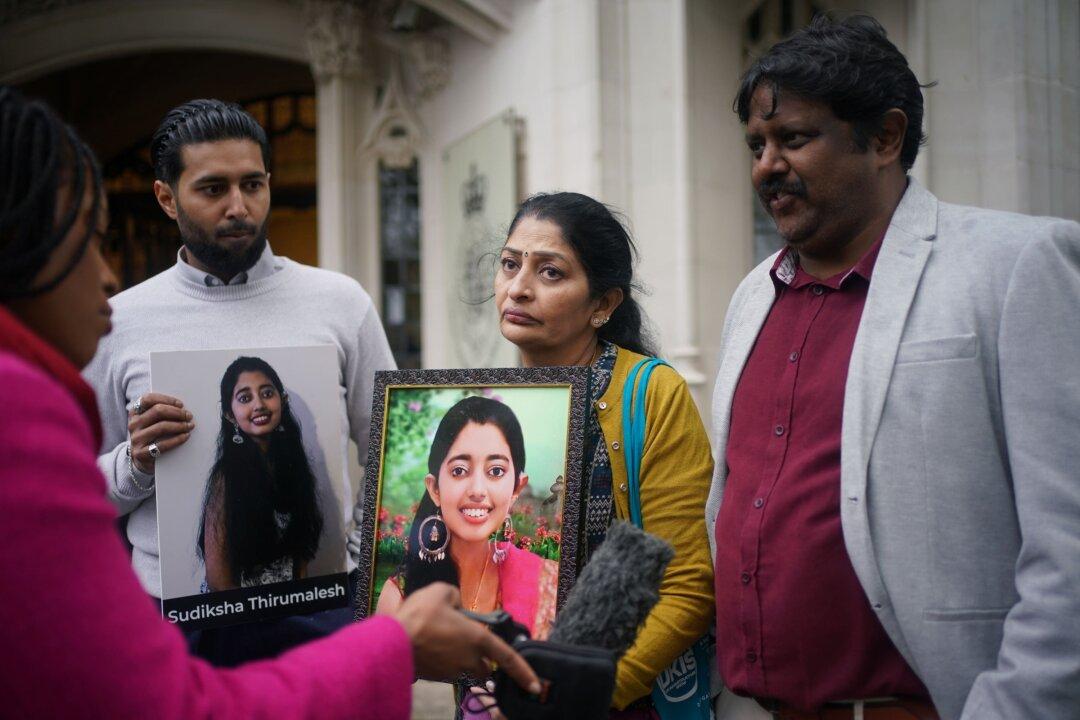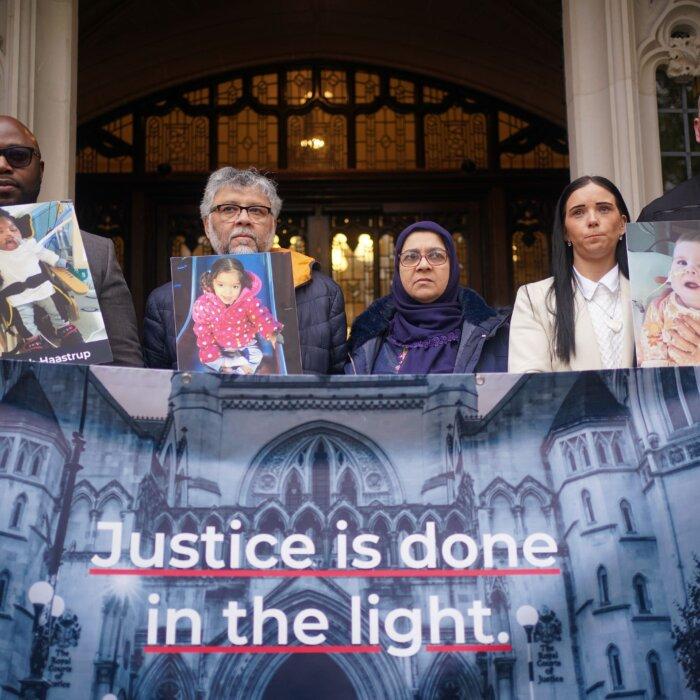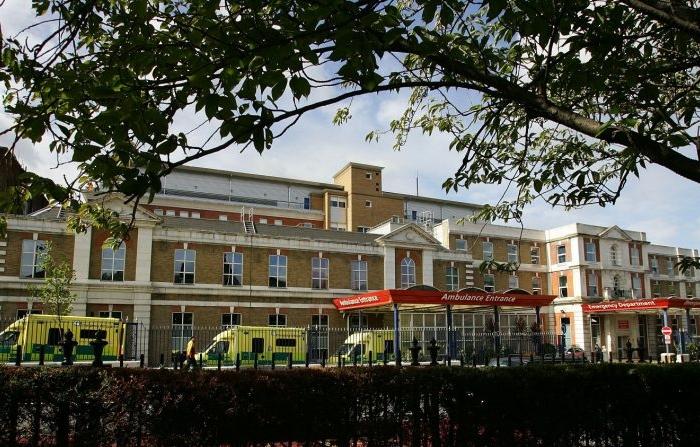The Court of Appeal has overturned a ruling which would have allowed the withdrawal of life-preserving treatment from a teenager despite her express wish to live.
Thirumalesh suffered from a rare genetic mitochondrial disease and lost her fight for life in September 2023 after doctors decided she should have all treatment withdrawn because they claimed it was prolonging her suffering as they considered her condition incurable.
Posthumous Appeal
In August 2023, the Court of Protection declared that Thirumalesh’s refusal to accept medical opinion showed that she lacked mental capacity, and decisions about her treatment could be made without her consent based on an assessment of her best interests.In a rare move, the Court of Appeal granted the teenager’s parents permission to pursue a posthumous appeal against the Court of Protection ruling.
Lady Justice King said, “It is essential always for any person conducting a capacity assessment” to remember that, under the Mental Capacity Act, a “person is not to be treated as unable to make a decision merely because he makes an unwise decision.”
The judges ruled that Mrs. Justice Roberts, who has since died, made an error in overruling the unanimous view of two psychiatrists who independently examined the teenager and found she had full capacity, and instead relied on the opinion of intensive care doctors who had no expertise in mental health.
The condition Thirumalesh suffered from caused chronic muscle weakness, loss of hearing, and kidney damage, making her dependent on regular dialysis and other medical treatment to continue living. She and her parents believed she was suffering from prolonged effects of COVID-19 when her condition deteriorated and she was admitted to hospital, and thought in time she would recover enough for a kidney transplant.
Her condition did not affect the functioning of her brain and she declared that she wanted to “die trying to live,” expressing her wish to travel to Canada for experimental nucleoside therapy, which might have prolonged her life.
The University Hospitals Birmingham NHS Foundation Trust made an application to the Court of Protection, arguing that Thirumalesh’s resistance was a “delusion” and asking the judge to rule that she lacked mental capacity to make decisions about her health care.
Supported by the Christian Legal Centre, Thirumalesh instructed lawyers to argue that she had mental capacity and should be independently represented in court proceedings rather than having a state-appointed lawyer.
While the case was before the judge, her family was unable to fundraise for the treatment in Canada because of reporting restrictions imposed by the Court of Protection.
Intervention by MIND
The mental health charity MIND intervened in the case, arguing that the Court of Protection judgment set a dangerous precedent by ruling that a patient who disagreed with their doctors had to be deemed to have a mental illness.Overturning the Court of Protection’s ruling, Lady Justice King said the Trust was trying “to shoehorn into the term ‘delusional’ what in reality they regarded as a profoundly unwise decision.”
The judge concluded by saying that Thirumalesh was entitled in law to be assumed to have capacity, “and this remarkable young woman therefore had her wish to ‘die trying to live.’”
Her parents said in a statement on Wednesday: “We are grateful to the Court of Appeal for an opportunity to challenge the frightening and unfair judgment made against Sudiksha even after her death, and for setting the law straight. A patient’s right to disagree with her doctors, not to relinquish hope, and still to have her decisions respected, will now be part of Sudiksha’s legacy.
“This case should have never been taken to the courts. Sudiksha clearly had capacity to make her own decisions, and it was only the toxic paternalism of the Trust which caused them seek to overrule Sudiksha’s wishes in the Courts. We did not want this legal battle, which ruined our lives and deprived Sudiksha of her chance to raise funds and see if nucleoside treatment could save her. Alas, the belated recognition of some of the errors made in her case cannot bring her back.”
Andrea Williams of the Christian Legal Centre said in a statement, “Rather than renewing, year after year, attempts to legalise assisted suicide, Parliament should urgently review the Mental Capacity Act 2005 to ensure that cases such as Sudiksha’s never happen again.”







